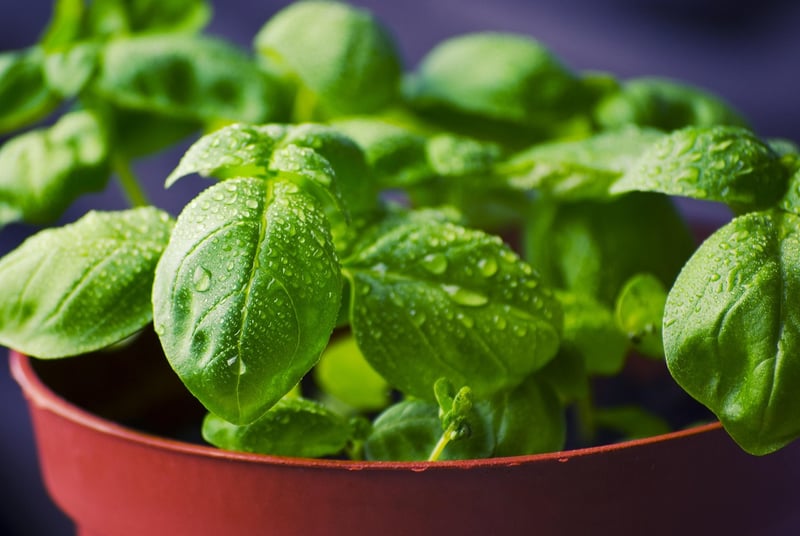Companion Planting
Effective Pest Management and Companion Planting in Your Garden
Creating a thriving garden requires more than just planting seeds and watering. Dealing with pests and promoting plant growth go hand in hand. In this guide, we'll explore effective pest management techniques and the concept of companion planting to help you maintain a healthy and vibrant garden.
Pest Management Strategies
Dealing with garden pests can be a frustrating experience, but with the right strategies, you can protect your plants without resorting to harmful chemicals.
1. Identify the Pests
Before taking any action, it's essential to identify the pests plaguing your garden. Different pests require different approaches, so knowing what you're dealing with is crucial.
2. Natural Predators
Encouraging natural predators like ladybugs, lacewings, and birds can help keep pest populations in check. Consider planting flowers that attract beneficial insects.
3. Neem Oil and Soap Sprays
Homemade sprays using neem oil or insecticidal soap can be effective against many common garden pests. These solutions are safe for plants and the environment.
4. Crop Rotation
Rotating your crops each season can help disrupt pest life cycles, reducing infestations over time. It also helps maintain soil health.
Companion Planting
Companion planting involves strategically placing plants together to enhance growth, repel pests, and improve flavor. Here are some popular companion planting combinations:
1. Marigolds and Tomatoes
Marigolds repel nematodes that can damage tomato roots. Planting them together can protect your tomato plants.
2. Basil and Tomatoes
Planting basil near tomatoes can improve the flavor of the tomatoes and repel pests like aphids and hornworms.
3. Carrots and Onions
Carrots and onions make great companions. Onions deter carrot flies, while carrots help suppress weeds around onions.
4. Beans and Corn
Beans fix nitrogen in the soil, benefiting corn plants. Corn provides a structure for beans to climb, creating a symbiotic relationship.
Conclusion
By implementing effective pest management strategies and utilizing companion planting techniques, you can create a balanced and healthy garden ecosystem. Experiment with different combinations to find what works best for your plants and enjoy a bountiful harvest!




Remember, a healthy garden is a result of mindful planning and care. Embrace these techniques, and watch your garden flourish!
